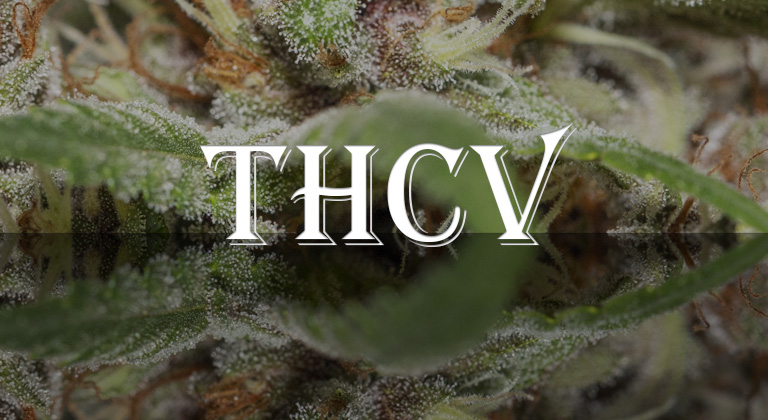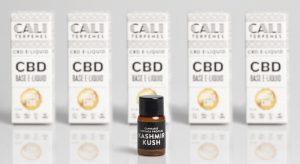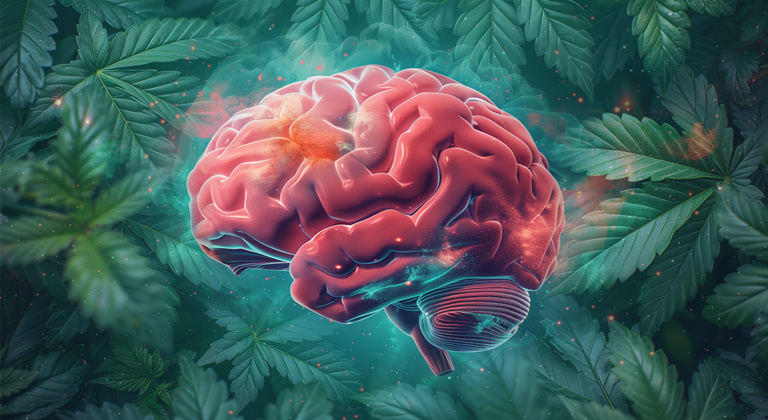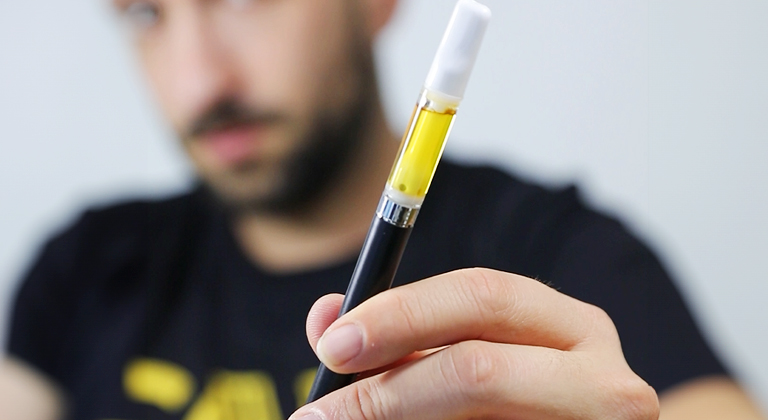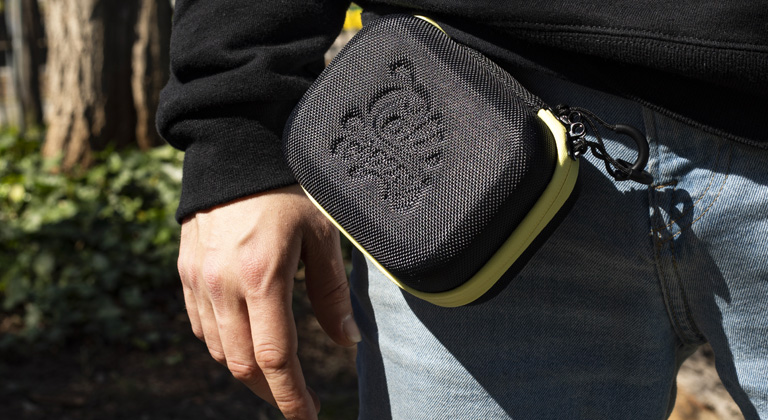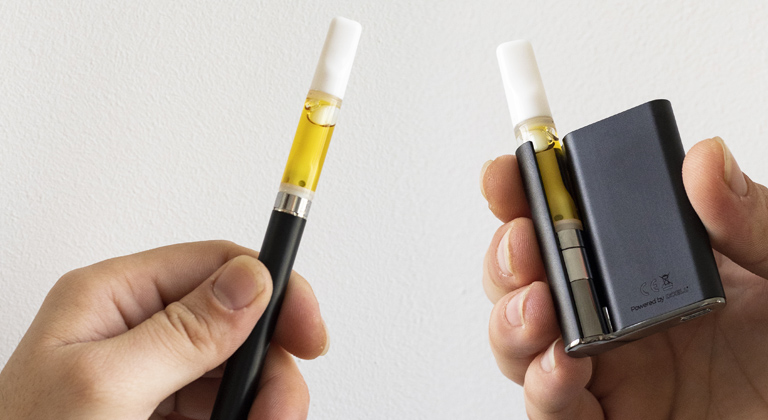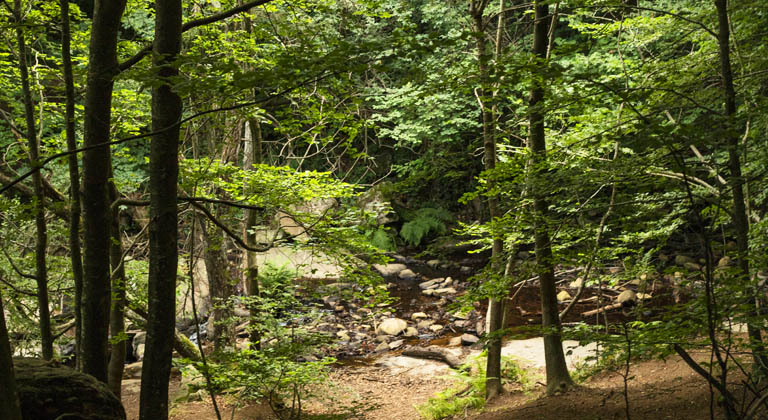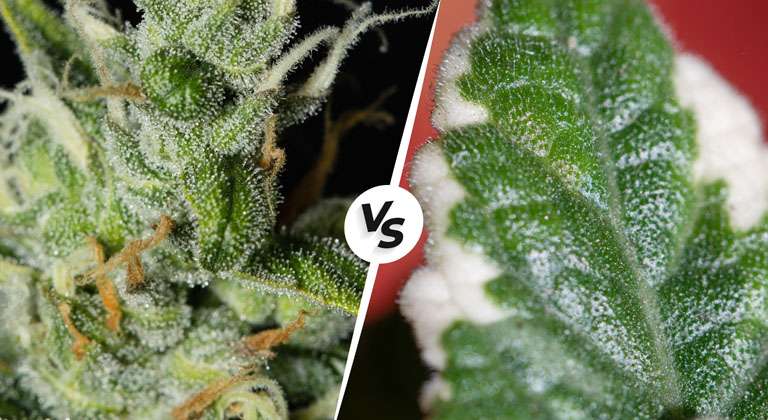As of now, over 100 cannabinoids have been found in the composition of cannabis plants alongside other compounds such as terpenes or flavonoids. However, there is a select group of cannabinoids that can be found in different proportions, including THC and CBD. What is THCV?
Thanks to science and the de-stigmatization of this plant, we’re learning more and more about other main cannabinoids by CBN or THCV. This last cannabinoid s making quite the name for itself as of late for its capacity to reduce appetite, gaining the nickname the “diet cannabinoid”.
In truth, THCV is an interesting compound that has multiple properties and can be quite the ally for medicinal consumers, as well as for recreational cannabis consumers.
What is THCV? Discovering Cannabinoids
As legalization is becoming a reality around the world in more countries and states, interest in the potential of the plant’s components such as THCV.
The Potential Behind Cannabinoids Like THCV
Until not too long ago, due to stigmatization and legality issues surrounding cannabis, the only compound that we knew much about was THC due to its psychoactive effects.
Up until a few years ago, everything started to change when CBD was studied; a cannabinoid that doesn’t produce psychoactive effects although it does have incredibly useful properties. From there onwards, everything changed and the general public began to obtain more information about cannabinoids such as THCV, which is in the spotlight right now due to its appetite suppressing and energizing capacities.
In the same way that other cannabinoids such as CBD don’t produce psychoactive effects associated with cannabis, it’s thought that THCV doesn’t have the same intoxicating effects as THC even though they sound similar. However, this is topic of debate for some, as they believe that THCV does indeed produce certain effects, although more lucid and energetic.
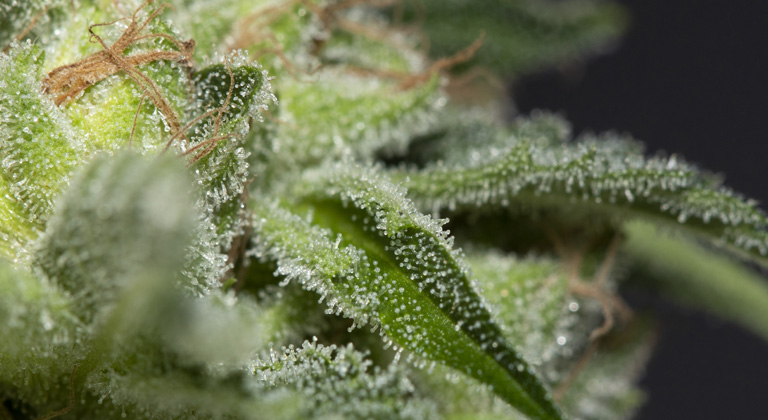
Differences between THC and THCV
Tetrahydrocannabinol (THC) and tetrahydrocannabivarin (THCV) are cannabinoids that interact with receptors in our body’s endocannabinoid system. On a molecular level, its chemical structure is similar, the only difference being that THC has longer hydrocarbon chains.
However, although both cannabinoids may be similar in structure, in reality they come from different molecules and chemical routes:
- THC, alongside other main cannabinoids such as CBD, derives from CBGA (cannabigerolic acid), which is commonly known as the “mother of cannabinoids”.
- On the other hand, THCV comes from CBGVA (cannabigerovarin acid).
How does THCV Interact with the Body?
It’s believed that large amounts of THCV can act similarly to THC, interacting with CB1 receptors in our endocannabinoid system; however, this interaction can produce softer effects than those experienced with THC.
In lower doses, THCV actually stops this interaction with CB1 receptors, softening some of the least desirable effects produced by THC which are though to be linked to CB1 reflectors, such as a decrease in motor skills, reduce in cognitive functions and even an increased appetite, commonly known as the munchies.
This is explained via the biphasic effect produced by cannabinoids. This means that, in different doses, cannabinoids have the capacity to produce completely opposite effects. This is why it’s incredibly important to study the possibilities surrounding regulation and dosage of these molecules for the treatment of different illnesses.
Does THCV Produce a Psychoactive Effect?
The answer to this question doesn’t seem to be clear quite yet. It was initially believed that it does produce psychoactive effects, although much less than those produced by THC.
However, recent studies confirm that the effect produced by THCV depends on the dose in which it’s consumed, due to the interaction it has with CB1 reflectors, which we were mentioned a few lines above.
When consumed in large amounts, which is to say when it can produce psychoactive effects, THCV produces a different effect than THC, producing a faster, more lucid and energetic effect that lasts for less time. So, we’re talking about a softer and less durable effect, which some consumers consider to be positive; not everybody wants to be under a strong influence for long periods of time. This quick high is why some people have dubbed it the “race car”.

What are the Benefits of THCV?
THCV has made quite the name for itself recently due to its capacity to suppress the appetite, which is useful for consumers that don’t want the intense hunger that happens after consuming cannabis.
Many people theorize that with strains that have high amounts of this cannabinoid can produce a more lucid and less heavy effect, which also doesn’t produce hunger.
However, that’s not where the benefits of THCV end. As more studies are done, and we understand more about the uses of cannabinoids in medicine, we’re able to learn more about their properties and benefits.
Varies studies actually point towards Tatrahydrocannabivarin being useful for different issues:
THCV Properties
- Losing weight: as we just mentioned, THCV can act as an appetite suppressor, which means that it can help to lose weight for people that are dieting. In fact, some investigators point towards this cannabinoid being used as medication for obese patients.
- Diabetes treatment: some studies point to THCV contributing to the regulation of blood sugar levels. This particular area of study could lead to a useful diabetes treatment.
- Mitigating the secondary effects of THC: a study done in a group of volunteers determined that THCV reduces the sometimes unwanted effects produced by consuming THC such as an increased heart rate.
- Bone formation: some investigations point towards various cannabinoids such as CBD, CBN, THC and THCV having the capacity to stimulate the formation of bones and collagen production (Scutt and Williamson, 2007). However, more research is needed to figure out exactly how these plant cannabinoids regulate bone cell activity. For example, other studies point towards THCV acting as an antagionist to CB1 and CB2 receptors, which would suppose a bone formation reduction according to studies done on rats (Ofek et al. 200g; Tam et al., 2006; Idris et al., 2009).
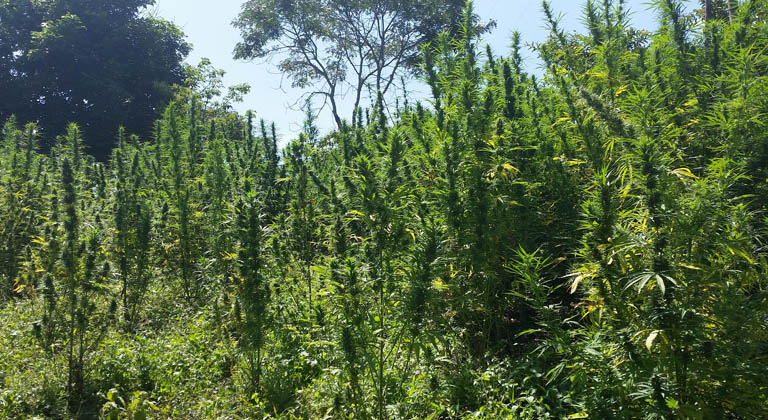
What Strains Contain THCV
As cannabis legalization expands around the planet, we’ve started to see more control over the actual contents of products (flowers, extracts etc.) which are sold in dispensaries and pharmacies around the world.
While THCV might be a cannabinoid that becomes more readily available, as of now, seed banks are mostly focused on producing strains with high amounts of THC, and more recently, CBD.
Research in this field is growing every day, and in the future we may have access to a large amount of cannabis with different ratios and amounts of cannabinoids such as THCV and CBG, as well as more specific terpene profiles.
The amount of THCV in cannabis plants doesn’t just depend on the growing conditions, it also depends on the strain in question, as we just mentioned. Although this cannabinoid is found in lesser amounts than THC or CBD, THCV seems to be more present in strains from Africa such as Durban Poison.
We think that this could be due to African landraice strains which have adapted to the climate and conditions in the region, and for some reason produce more of this cannabinoide. Remember, even though these molecules are highly appreciated by some consumers, plants actually produce them to protect themselves and continue to reproduce.
Whatever the reason may be, it seems that’s THCV is more present in certain types of sativa African landrace strains, and this seems to have passed down through the generations to hybrids such as Tangie or Girl Scout Cookies.
Either way, the only way to know if a strain is THCV rich is to check out the product information if specified (whether it‘s legal cannabis or strains rich in this particular cannabinoid), as well as analysing a sample of cannabinoids in specialized labs.
So, what do you think? Have any questions? Let us know in the comments below!
Cali Terpenes

